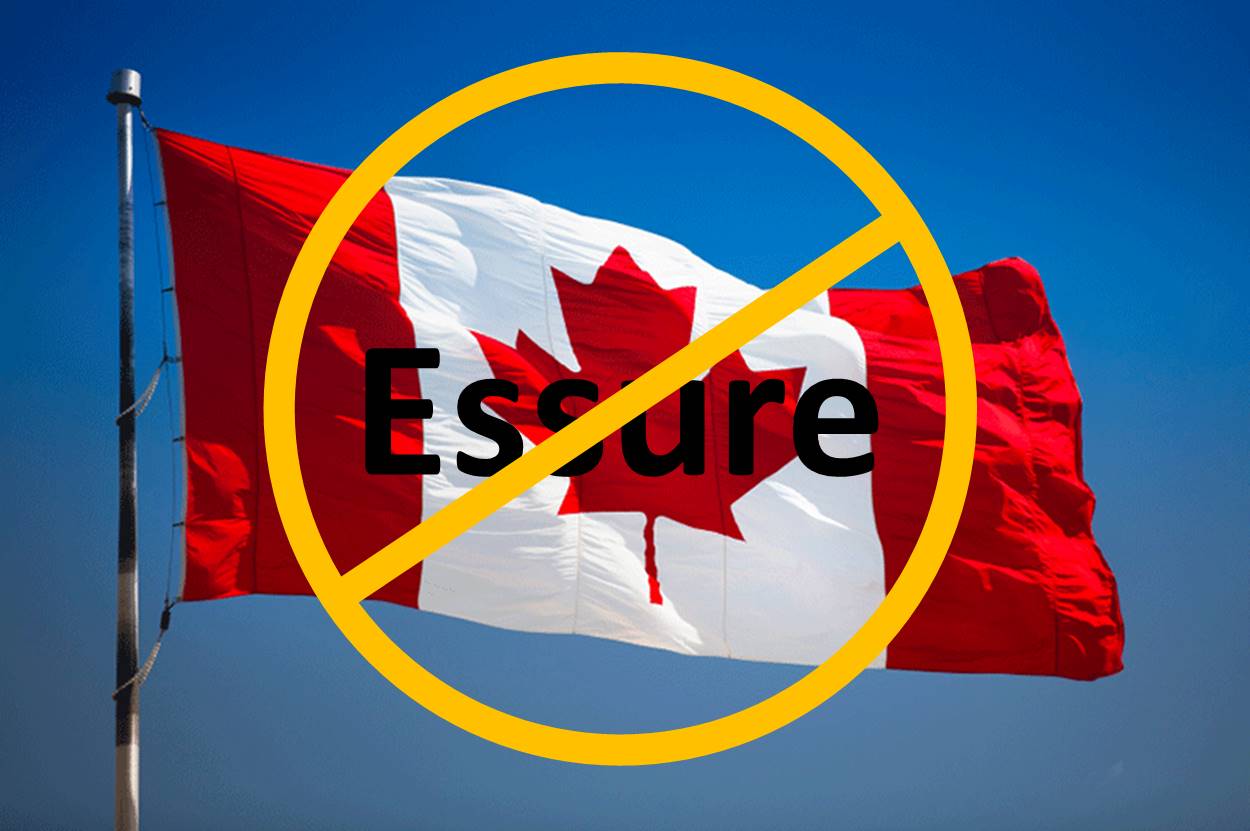Great news from Bayer! While those are words I never thought I’d write they are absolutely true. The Big Pharma giant recently announced that its “permanent” birth control device, Essure, will soon be removed from the Canadian market. Citing dropping sales (of course), Bayer has decided to pull the device from sale and distribution.
Canada is the latest in a series of countries going “E-Free.” While the unsafe product was banned in Brazil, Bayer is voluntarily pulling Essure from the markets in Finland, the Netherlands, and the U.K. Despite an ever-increasing number of complaints and lawsuits, the company still asserts that the device is safe and that the voluntary withdrawals are being made purely for economic reasons.
Bayer provided The Toronto Star a written statement to that effect:
“In light of the change in patient demand, Bayer has decided to voluntarily discontinue the sale and distribution of Essure in Canada over the next few months. This decision was taken for commercial reasons, and the favourable benefit-risk profile of Essure remains unchanged. This is not a recall of the product from the market.”
“…change in patient demand…” can be translated to people are wising up to the dangers of Essure and making different decisions when it comes to birth control. As word of the risks associated with Essure spreads (largely due to the grassroots efforts of the E-Sisters themselves via a Facebook group called Essure Problems and a website of the same name), fewer women are willing to take the chance that they too will join the ranks of the seriously injured.
Essure, a device comprised of nickel-titanium coils and PET fibers, is implanted in the fallopian tubes and heavily marketed as a safe, outpatient alternative to traditional tubal ligation surgery. It is also marketed as 99% effective, despite evidence showing it’s far less effective than the surgical option.

Roughly 8,000 Canadian women were implanted with Essure in 2016 alone. The device was approved for sale in Canada in 2001. Currently, there is a potential class-action lawsuit involving 297 Canadian women. The suit alleges that they have been injured by Essure, up to and including undergoing surgical removal of the device and hysterectomies. Many of these women are in their 20s and 30s.
In May 2016, Health Canada issued a mandate instructing Bayer to add a new black box warning label to the product, as well as creating a patient information checklist to ensure that women were adequately informed of Essure’s risks. Health Canada also issued and advisory stating that some patients weren’t given adequate information upon which to base an informed decision regarding the device’s risks, such as unwanted pregnancy, chronic pain, bleeding, immune system responses and allergic reactions.
One question that has come up each time I write a piece on Essure being pulled from a given market is: how do you think this will impact litigation and/or market availability in the U.S.?
While I am not providing legal advice in response to that question, I do believe that the act of voluntarily pulling Essure from several markets will not reflect positively on Bayer. Corporations are profit-driven creatures. The less money a company makes from a product, the less likely it is to continue selling that product.
The fact that the Essure risks are becoming more widely known can only benefit those trying to get it off the U.S. market, in my opinion. Bayer is being hit where it counts: its bottom line. If sales decline in the U.S. as they have in other countries, the logical decision for Bayer is to remove Essure from the market.
As for the U.S. litigation… One hopes that Tony Merchant, a lawyer based in Regina who’s heading up the potential class action, is correct. Mr. Merchant is of the opinion that the withdrawal from the Canadian market could be construed by courts as an admission of Essure being “unduly dangerous.” As he put it, “If they thought it was a valuable, safe product, they’d continue to market it.”
Mr. Merchant added that he hopes the class action will be certified yet this year.
In the meantime, let’s keep getting the word out! It’s taken time, but telling the truth about this awful product is starting to have the desired effect. Let’s keep up that momentum!


Join the conversation!